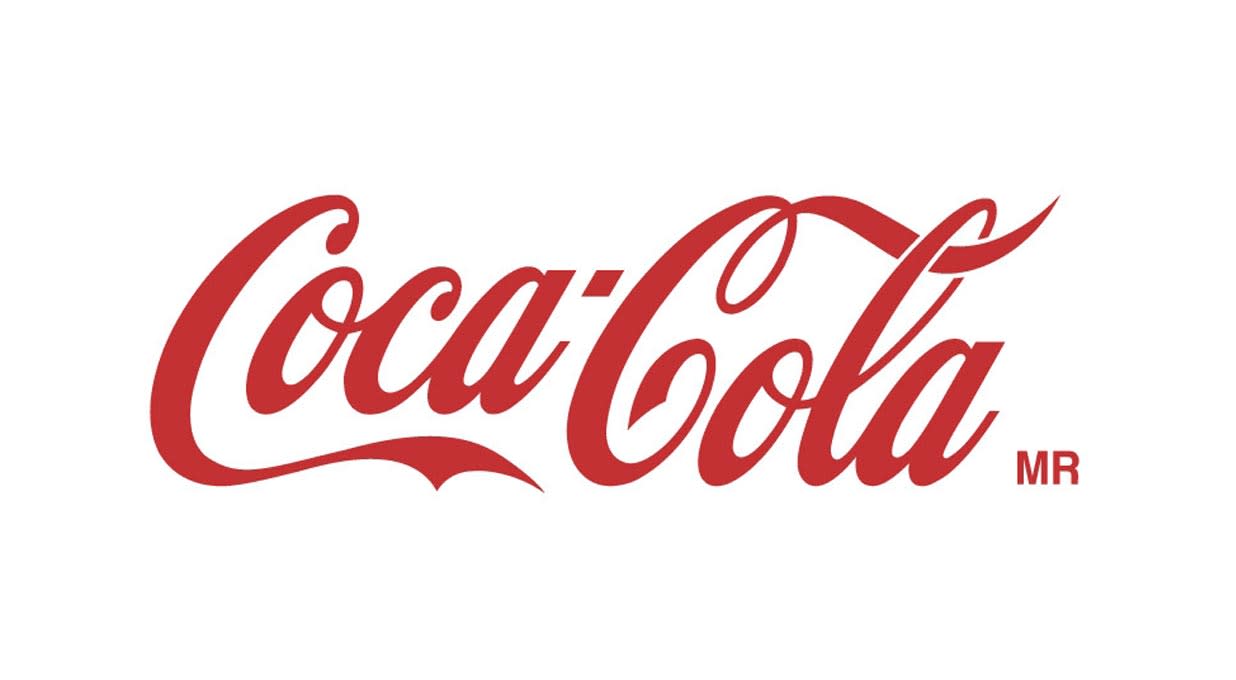Coca-Cola’s third-quarter underlying revenue grew 9% organically to $11.9bn, ignoring currency impacts. This was ahead of market expectations with growth driven by higher prices which more than offset a 2% decline in volumes.
Underlying operating profit rose 14% to $3.7bn as a result of the uplift in revenue and positive impact of refranchising bottling operations
Underlying free cash flow fell from $7.9bn to $7.6bn over the first 9 months of the year, largely due to increased tax payments. Net debt was $25.9bn, up from $23.8bn at the beginning of the year.
The group now expects to deliver full-year organic revenue growth of 10%, at the top end of its prior guidance range.
The shares fell 1.2% in pre-market trading.
Our view
Coca-Cola’s had another good quarter leading management to upgrade guidance for the third time this year. But there was a little bit of weakness in volumes, so we’ll be keeping a close eye on how efforts to drive these back into positive territory progress.
A key thing differentiating Coca-Cola from most other drink makers is its operating model. Rather than investing in big manufacturing plants, Coca-Cola partners with, and holds stakes in, local bottling companies in what's known as the Coca-Cola System. That allows the group to keep a lid on costs and supports its industry-leading gross margins, which hover around the 60% mark. Instead, Coke concentrates its efforts on selling the syrups themselves and marketing its brands directly to consumers.
Fundamentally, Coca-Cola is a marketing machine, and its attention is devoted to soft drinks. Coke is updating its strategy and brand portfolio to focus more on sharpening its proposition on a regional and local level, but it looks more like a refinement than a revolutionary change to us. Nonetheless, it's encouraging to see the group moving forward.
Coca-Cola's diversification has undoubtedly played a large part in its resilient sales too. The group owns other household favourites like Fanta, Sprite and Schweppes, and the acquisition of Costa Coffee put Coke in the hot beverages market for the first time. We see this as a positive add-on in a segment of the drinks market that still has room to grow.
There’s an ongoing tax dispute with US tax authorities, with a potential multi-billion dollar payment on the line. Currently, Coca-Cola appears confident of winning the legal battle but there’s the potential for that to change in the future and any negative developments could swing near-term sentiment. In or view, the balance sheet is strong enough to absorb any negative outcome should it occur, so we don’t feel that the dispute should cause long-term investors to overlook this drinks giant.
Coca-Cola owns one of the strongest brands in the world, and there's a lot to be said for that in an uncertain environment. Given the impressive profit growth and strong balance sheet, we think this marks an opportunity to pick up a quality company at a reasonable valuation, broadly in-line with the long-term average. But investors should remember nothing is immune to ups and downs, especially in the short term.
Environmental, social and governance (ESG) risk
The food and beverage industry tends to be medium-risk in terms of ESG though some segments like agriculture, tobacco and spirits fall into the high-risk category. Product governance is a key risk industry-wide, especially in areas with strict quality and safety requirements. Labour relations and supply chain management are also industry-wide risks, with other issues varying by sub-sector.
According to Sustainalytics, Coca-Cola's management of ESG risk is strong.
The group is committed to reducing its water use through targets and deadlines aiming for 100% regenerative water use in all facilities by 2030. It offers strong human capital development programmes, but has been involved in disputes over workers’ wages. There is also potential for cases of deceptive or false advertising regarding the health benefits of the products, and this may increase as the market for healthier beverages and lower calorie alternatives continues to grow.
Coca-Cola key facts
All ratios are sourced from Refinitiv, based on previous day’s closing values. Please remember yields are variable and not a reliable indicator of future income. Keep in mind key figures shouldn’t be looked at on their own – it’s important to understand the big picture.
This article is not advice or a recommendation to buy, sell or hold any investment.No view is given on the present or future value or price of any investment, and investors should form their own view on any proposed investment.This article has not been prepared in accordance with legal requirements designed to promote the independence of investment research and is considered a marketing communication.Non - independent research is not subject to FCA rules prohibiting dealing ahead of research, however HL has put controls in place(including dealing restrictions, physical and information barriers) to manage potential conflicts of interest presented by such dealing.Please see our full non - independent research disclosure for more information.


